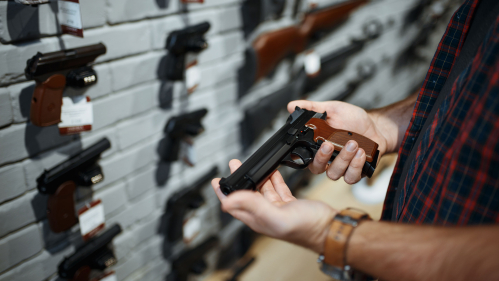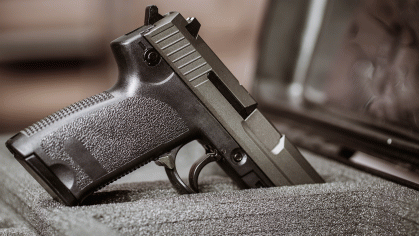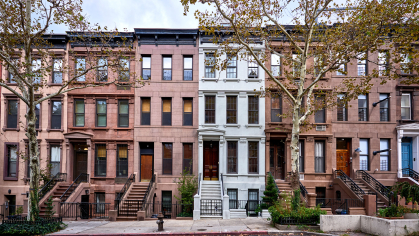Gun Ownership in New Jersey: Who Owns Them and How Safely Do They Store Them?

The Rutgers New Jersey Gun Violence Research Center has gathered data to determine how common gun ownership has become in New Jersey and how gun owners store and use their weapons.
Michael D. Anestis, executive director of the Gun Violence Research Center, discusses the reasons for compiling the report and shares some of the most interesting findings.
What were your goals with this report?
Our primary goal was to provide an accurate description of firearm access in New Jersey. Specifically, we wanted to know how many New Jerseyans live in homes where firearms are typically kept, how many firearms they own, why they own those firearms, how the firearms are stored and how often they carry their firearms outside their homes.
What does this report say about firearm ownership in New Jersey and how does this compare with the United States?
New Jerseyans own firearms at a lower rate than most of the nation. Most reports indicate that 30 percent-40 percent of American homes have firearms in them, but here in New Jersey, that figure is closer to 20 percent. Notably, 20 percent is higher than most estimates for New Jersey and might be reflective of the fact there has been a tremendous surge in firearm sales nationwide since 2020, including in New Jersey.
The report asks about how people store their firearms. Why does this matter, and what did you find?
Secure firearm storage – storing a firearm unloaded in a locked location and/or with a locking device in place and stored out of reach from ammunition – is an important tool for reducing a range of gun violence-related outcomes. For instance, secure storage can reduce suicide risk for everyone in the home, lower the odds of children handling the firearm and unintentionally shooting themselves or someone else, limit the likelihood of domestic violence becoming fatal and diminish the chances of firearm theft and subsequent trafficking of the firearm for use in a crime. This is a simple step to reduce the risk of so many forms of harm.
New Jersey firearm owners tend to use more secure storage practices than we see in most other surveys of firearm owners. The state is not perfect, and some communities store firearms more securely than others, but it may be that one of the reasons that New Jersey has maintained gun violence rates so much lower than the national average is that New Jersey firearm owners are more careful with their firearms.
The report found that a portion of New Jersey firearm owners frequently carry firearms outside their homes. What do you make of your findings?
Fortunately, only a small portion of New Jersey firearm owners tend to carry their firearms outside the home. That being said, some carry their firearms frequently, and this can increase the risk of unintentional shootings, road rage incidents and escalation of conflicts that were otherwise unlikely to result in death. People often carry firearms for protection, but we do not know as much as we should about why people do this and under what circumstances, so we are not as equipped as we should be to speak with such firearm owners about other ways to feel safe.
One thing that stands out is that individuals who identified as having one or more minoritized racial identities in our survey were far more likely to carry their firearms outside the home. This could be because individuals are living in higher crime neighborhoods, have less faith in law enforcement or a number of other reasons. Better understanding this will help us assist these individuals in finding safer options.
Less than 10% of New Jerseyans have been asked about firearm access by a medical professional. Why might it be important for that question to be asked more frequently?
This was a particularly troubling finding. We need to normalize having conversations about firearm access and storage and engaging in conversations that encourage safe behaviors. That responsibility is not health care providers’ alone, but they represent one key stakeholder in this process with an opportunity to reach New Jersey firearm owners and to encourage them to use secure storage – or to discuss voluntarily and temporarily limiting access to firearms during times of stress using tools like the New Jersey Safe Firearm Storage Map.
Less than one in 10 New Jerseyans have ever been asked about firearm access by a health care provider, which means this has been an opportunity lost. This might be because health care providers do not feel knowledgeable enough about firearms to have these conversations, that they are concerned they might alienate their patients, that they do not have time to add another assessment to their already busy schedules or that they have not been trained to understand the rationale for asking these questions. Regardless, the need to make progress on this front is clear.


